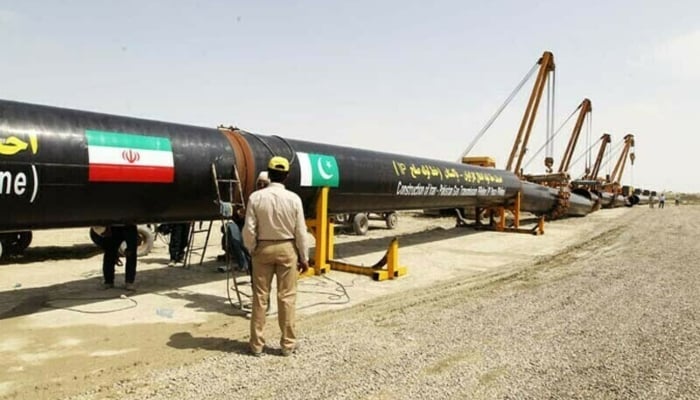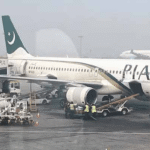ISLAMABAD: Iran has extended the deadline for the Iran-Pakistan (IP) gas pipeline project by 180 days until September 2024. If Islamabad fails to move forward with this project, Tehran may file a $18 billion penalty claim with the Paris-based International Arbitration. This information was cited by The News on Monday, citing government officials.
In an effort to move the project forward and avoid arbitration, the officials added that Iran has also offered to deploy a legal and technical team to hammer out a win-win approach with Pakistan in the allotted time.
The team of Iranian technical and legal specialists was originally supposed to land in Pakistan on January 21 for negotiations aimed at resolving the long-standing backlog in the IP gas line project.
But because to the ongoing tensions between the two nations, it was unable to reach Islamabad.
The officials said that the team of Iranian experts would visit Pakistan during the second week of February. The coordination committees on both sides would determine a workable plan to make the project a reality. Experts in legal frameworks, engineering, and international relations law would make up the Iranian team.
Since 2014, there have been delays in the project. The latest warning was sent to Pakistan over twenty-five days ago.
In Nov.–Dec. 2022, Iran sent a second notice to Pakistan requesting that it build a segment of the Iran–Pakistan Gasline project on Iranian territory until Feb.–March 2024, failing which it would be prepared to pay a $18 billion fine.
to file a lawsuit in February 2019 against Pakistan for failing to install the pipeline on its territory within the allotted time frame for the IP gas line project. It made threats to employ the Gas Sales Purchase Agreement’s (GSPA) penalty provision. Despite being signed in 2009 for a 25-year period, the GSPA project never materialized.
Pakistan has maintained that the US sanctions against Iran prevent it from implementing the project on its soil; Tehran authorities have never agreed with this position, claiming the restrictions are unwarranted. As long as they have been able to obtain waivers from US sanctions, Iraq and Turkey have been utilizing Iranian gas.
Similarly, the US waived its tariffs on fuel imports from India.
In the meantime, Pakistan has made numerous attempts to get in touch with US authorities to find out if the US sanctions on Iran will affect Pakistan in any way if they are included in the IP gas line. However, Pakistan has not heard back from Washington.
The Gas Sales Purchase Agreement (GSPA) was signed in accordance with French law, and disagreements between the two nations would be resolved by the Paris-based Arbitration Court. The US sanctions are not recognized by the French arbitration court.







